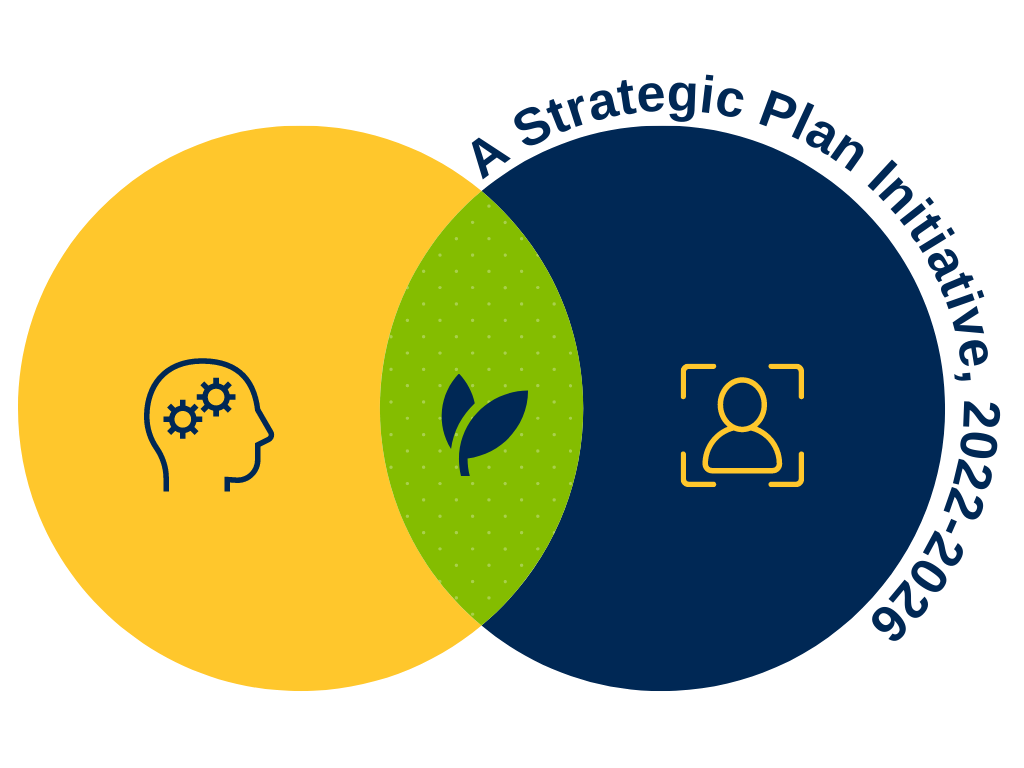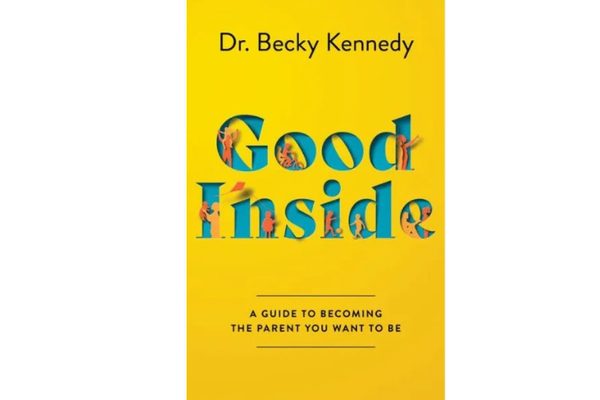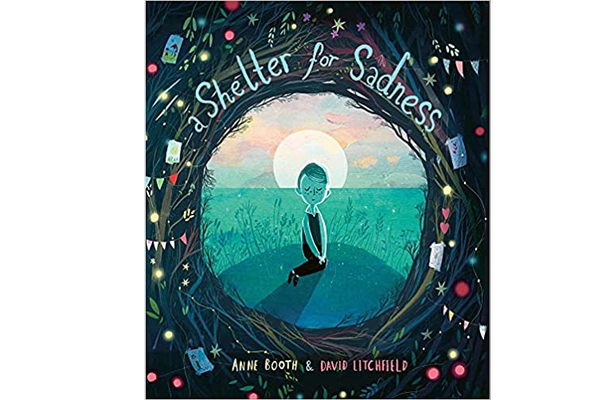Mental health is our emotional, psychological and social well-being. Parents play an integral part of fostering a child's ability to work through adverse experiences they may face now and later in life. You provide this framework by building a close relationship with your child by providing structure and boundaries, fostering independence/autonomy, encouraging healthy social connections, teaching healthy habits, and modeling positive behaviors.
However, there may be times when you, as a parent, feel like there are not enough resources available when navigating mental health challenges as a family. It is natural to go through difficult periods when your child may not feel like themselves…when they question their worth…when they feel as if their purpose is not clear. When these times arise, we hope you find this page helpful!
This page is ever changing and is not meant to be used as a way to diagnose or not seek out treatment. It is an additional source of information that you can use in your toolbox as a guardian or caregiver.

We value a nurturing environment
that fosters compassion,
curiosity, collaboration, integrity,
individuality, and inclusivity. ‘Connect’ is the third pillar of our strategic plan. With this pillar, we recognized the need for our community to have a school counselor to assist with the growth and development of students during their time at school.






